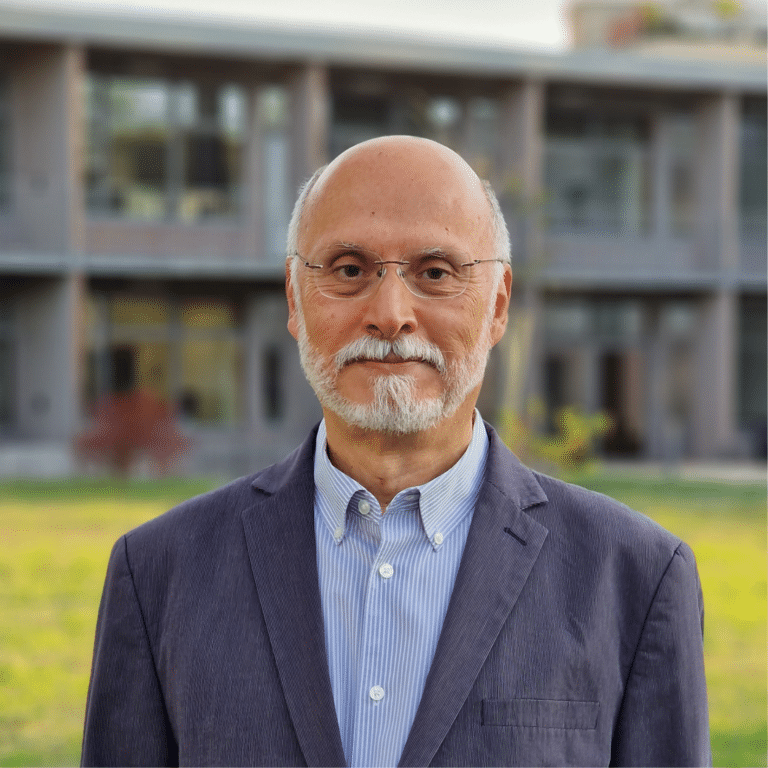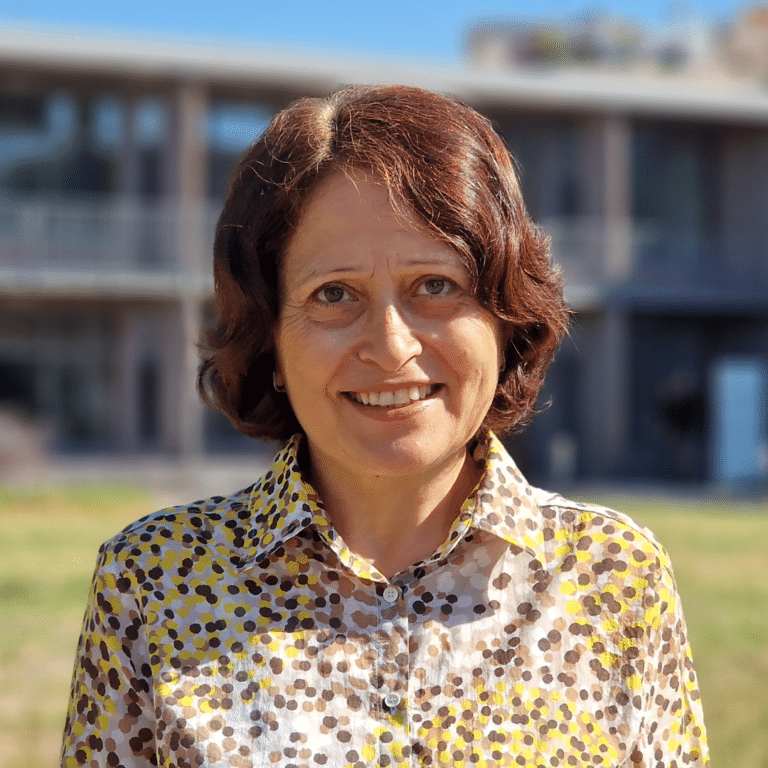
Seçil Dağtaş
Research project
Chronicling Loss: Reimagined Archives in the Wake of a Disaster
Project summary
This project investigates how destruction, displacement, and ruination across the Middle East and eastern Mediterranean give rise to new forms of memory-making and documentation. Against the conventional view of archives as stable repositories of historical knowledge, it approaches archives as dynamic, fragmented, and ephemeral entities, shaped by the lived experiences of their creators and users.
From Ruins to Multitemporal Archives
Critical archival studies have long highlighted the power dynamics in collecting, preserving, and curating traces of past events, often involving physical or epistemic violence against marginalized communities (Fuentes 2018; Semerdjian 2023). In the Turkish context, this violence reflects a collective fear of archival evidence, producing efforts to silence histories of genocides and minority experiences (Ahıska 2006). While the digital era has weakened the authority of official archives and introduced new challenges around authenticity and preservation, it has also expanded the possibilities for communities to document and share their histories (Arondekar 2023; Zeitlyn 2012).
This project shifts the focus from ruins as sites of silenced history to a multitemporal perspective, where archives emerge from loss and destruction. In the wake of the 2023 earthquakes that ravaged southern Turkey and northern Syria, it focuses on minority communities from the ancient city of Antakya—long home to Arab Christian, Jewish, and ‘Alawi populations, as well as recently displaced Syrians. Since the disaster, state-led reconstruction efforts have been selectively restoring what aligns with dominant visions of the past, at the expense of minority voices and heritage. In response, local communities reconfigure the meanings of loss and survival by turning to digital media, oral history, artistic expression, religious practice, and the everyday fragments left behind. They mobilize photographs, videos, testimonies, religious tales, architectural remnants, and digital cartographies—not just to remember what was lost, but to reimagine what might endure.
Against this backdrop, this project asks: How do communities archive catastrophe? What kinds of social and epistemic labour sustain memory after its material conditions have been obliterated? How do digital records—fragile, impermanent, and deeply embodied—forge connections to place not in spite of destruction, but because of it, in anticipation of possible and impossible futures? Through ethnographic fieldwork, cultural analysis, and critical archival research, the project traces how devastated urban spaces become active archival fields, where material and immaterial traces hold together fractured narratives of the past and fragmented hopes for the future.
Archival Ethnography and the Politics of Digitization
Chronicling Loss contributes to anthropology, cultural studies, and archival theory by highlighting the generative potential of loss to expand the boundaries of what constitutes an archive and who can be an archivist. Drawing on scholarship that reconceives the archive as a site of sensation, longing, and refusal (Cvetkovich 2003; Hochberg 2021; Akhtari 2022), it explores how memory circulates in forms that blur distinctions between document and ritual, record and desire, and hope and despair. It asks how affective ties to ruined spaces are mediated by the very fragility of digital records, whose durability cannot be guaranteed, yet whose proliferation speaks to a powerful need to remember otherwise. It foregrounds the multitemporality of archives beyond linear historical time by attending to how loss activates cyclical, prophetic, or affective temporalities, often encoded in religious imagination, musical expression, and social ritual. In this way, this project centers not only on what archives contain, but also on the people and relationships that give them life—survivors, artists, religious leaders, and displaced residents.
Chronicling Loss also takes seriously the politics and contradictions of digitization in rethinking the future of the Mediterranean. While digital tools enable the circulation of marginalized voices beyond official channels, they are also susceptible to censorship, technological decay, and infrastructural breakdown—especially in contexts shaped by displacement, devastation, and unequal access to technology. The project thus interrogates how digital archives rely on place-based memories, embodied knowledge, and community labour for their creation and survival. It asks what happens when the basic conditions that enable archiving — stable homes, intact buildings, safe storage — have been obliterated.
While grounded in Antakya’s specificity, this project speaks to broader dynamics across the Mediterranean region, where environmental change, urban transformation, and interreligious pluralism intersect with histories of loss. It proposes that we should understand archives not merely as tools for preserving the past, but as technologies of futurity shaped by the imagination and labor of those who refuse to disappear. In doing so, Chronicling Loss opens new pathways for anthropological and cultural research. In a time of climate collapse, authoritarianism, war, and mass displacement, the ways people turn loss into knowledge — and memory into action — demand urgent and sustained attention.
Biography
Seçil Dağtaş is Associate Professor of Anthropology at the University of Waterloo and co-leads the Migration, Mobilities, and Social Politics Cluster at the Balsillie School of International Affairs. She holds a PhD from the University of Toronto — where she was a Vanier and Connaught scholar — an MA from York University and a BA from Boğaziçi University. A political anthropologist, Dağtaş specializes in gender, secular governance, and the everyday politics of religious diversity, with a regional focus on Turkey and the Eastern Mediterranean. Her work explores how displacement, nationalism, and minority politics shape social life and has appeared in Cultural Anthropology, Social Politics, IJMES, Anthropological Quarterly and Journal of Refugee Studies. Her first book, Under the Same Sky (Penn Press, 2025), examines multireligious life along the Turkish-Syrian borderlands. Seçil Dağtaş’ research has been supported by Canada’s Social Sciences and Humanities Research Council and the Regional Studies Association. She has held fellowships in France and Canada, received the Sakıp Sabancı International Research Award and is part of the inaugural cohort of the Being Human Institute at Indiana University.



